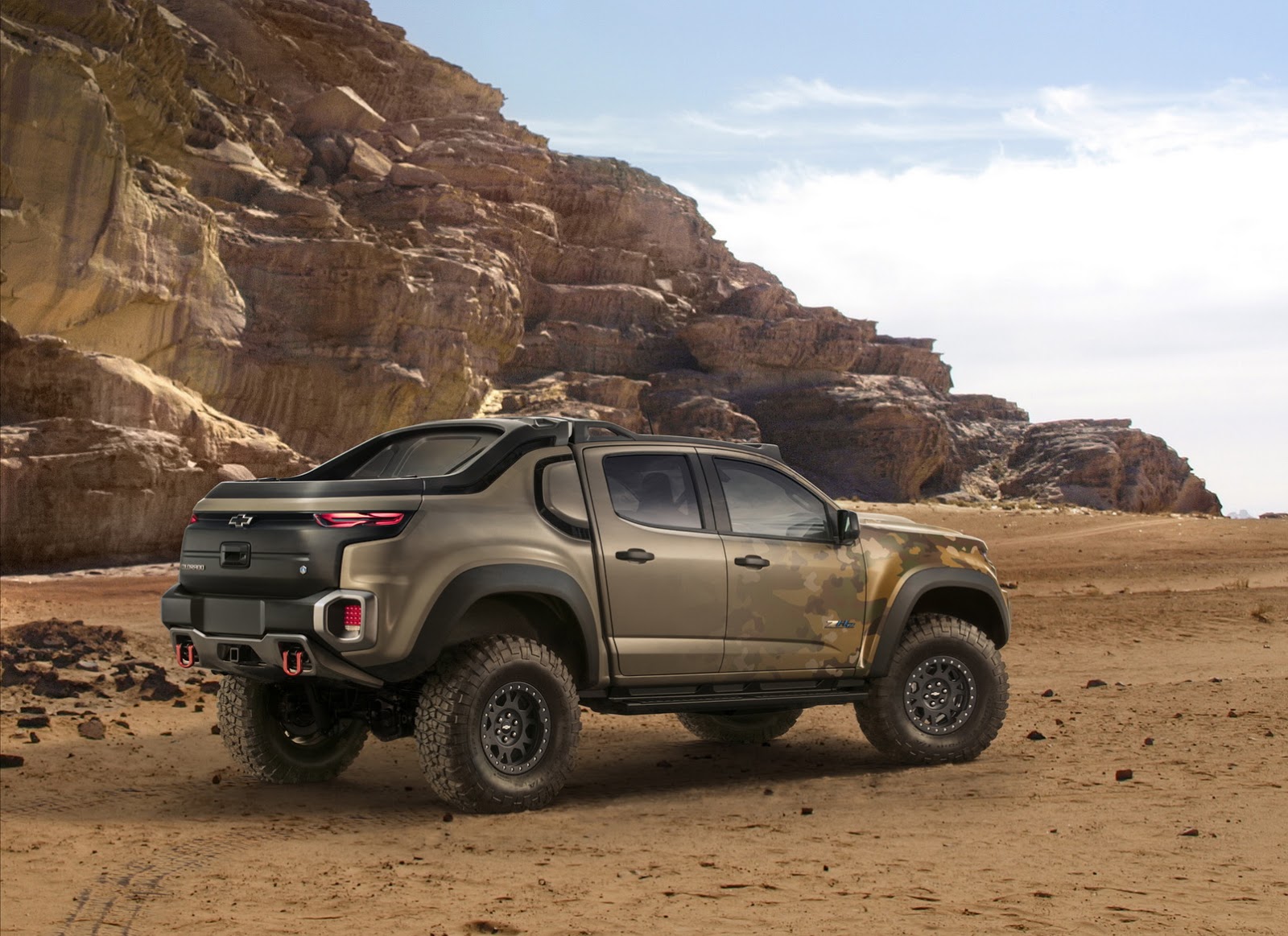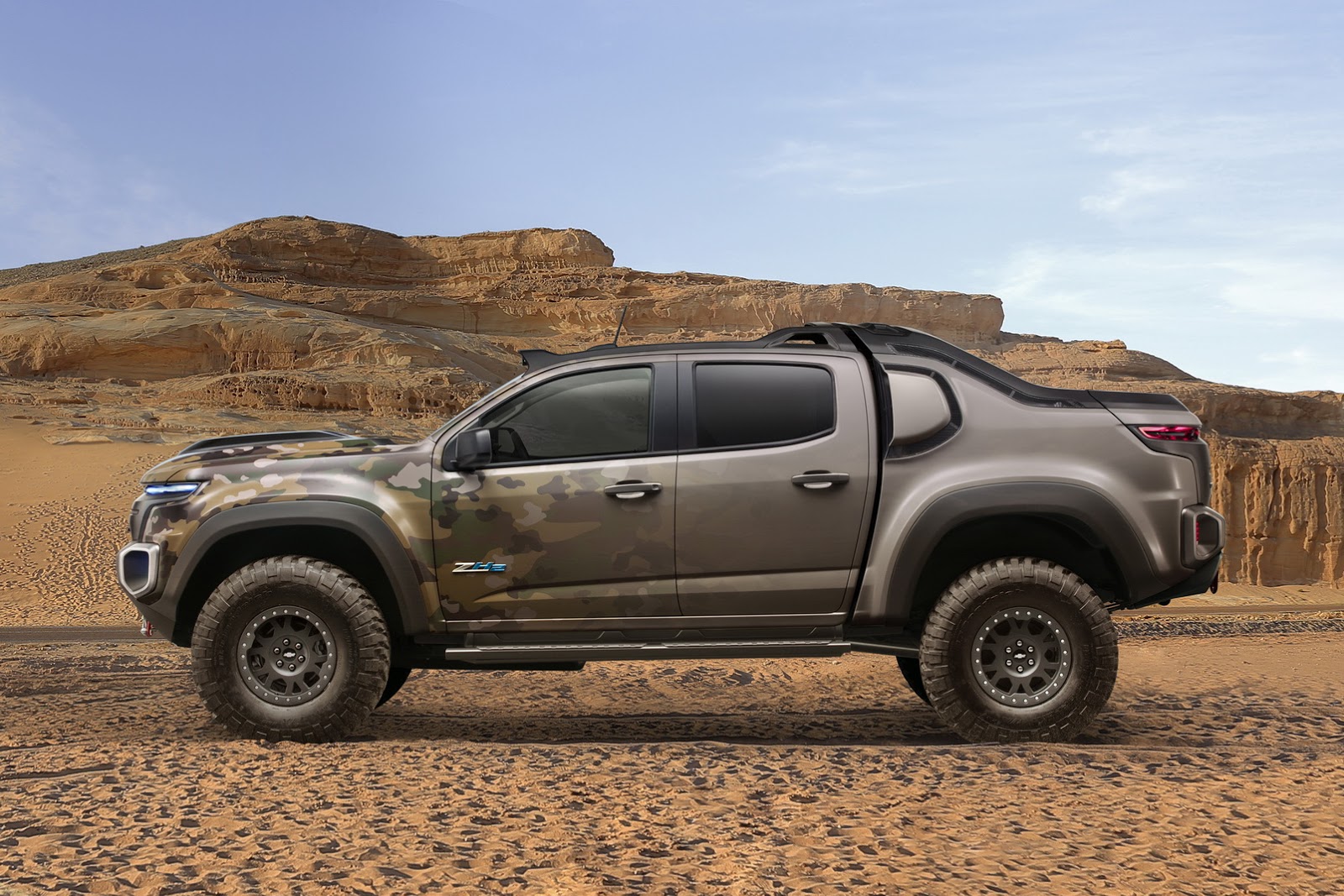It’s no secret that fuel cell technology remains extremely expensive. In an effort to reduce the costs associated with hydrogen powertrains for future automotive use, General Motors has formed a partnership with France’s Liebherr-Aerospace to develop a hydrogen fuel cell auxiliary power unit for aircraft.
With this deal, General Motors is making its first step into the aerospace industry since selling the Hughes Aircraft division more than 20 years ago. The partnership will see Liebheer leverage its expertise in on-board aircraft systems, while GM will provide its fuel cell know-how.
The tech will be used to power the lighting, air conditioning, backup systems and other auxiliary functions of aircraft.
Speaking to Automotive News, executive director of GM global fuel cell business, Charlie Freese, said the endeavor is all about pushing the technology forward.
“It’s all part of our strategy to evolve the technology rapidly to get it reduced in costs so it can be more suitable for a range of applications in the automotive space.”
Venturing into the aerospace world isn’t the only way GM is pursuing reduced hydrogen costs, as the car manufacturer is also working on a defense unit developing fuel cell-powered military vehicles. Additionally, last year it formed a 50-50 joint venture with Honda to produce fuel cell systems for vehicles around 2020.
Note: Chevrolet Colorado ZH2 pictured






